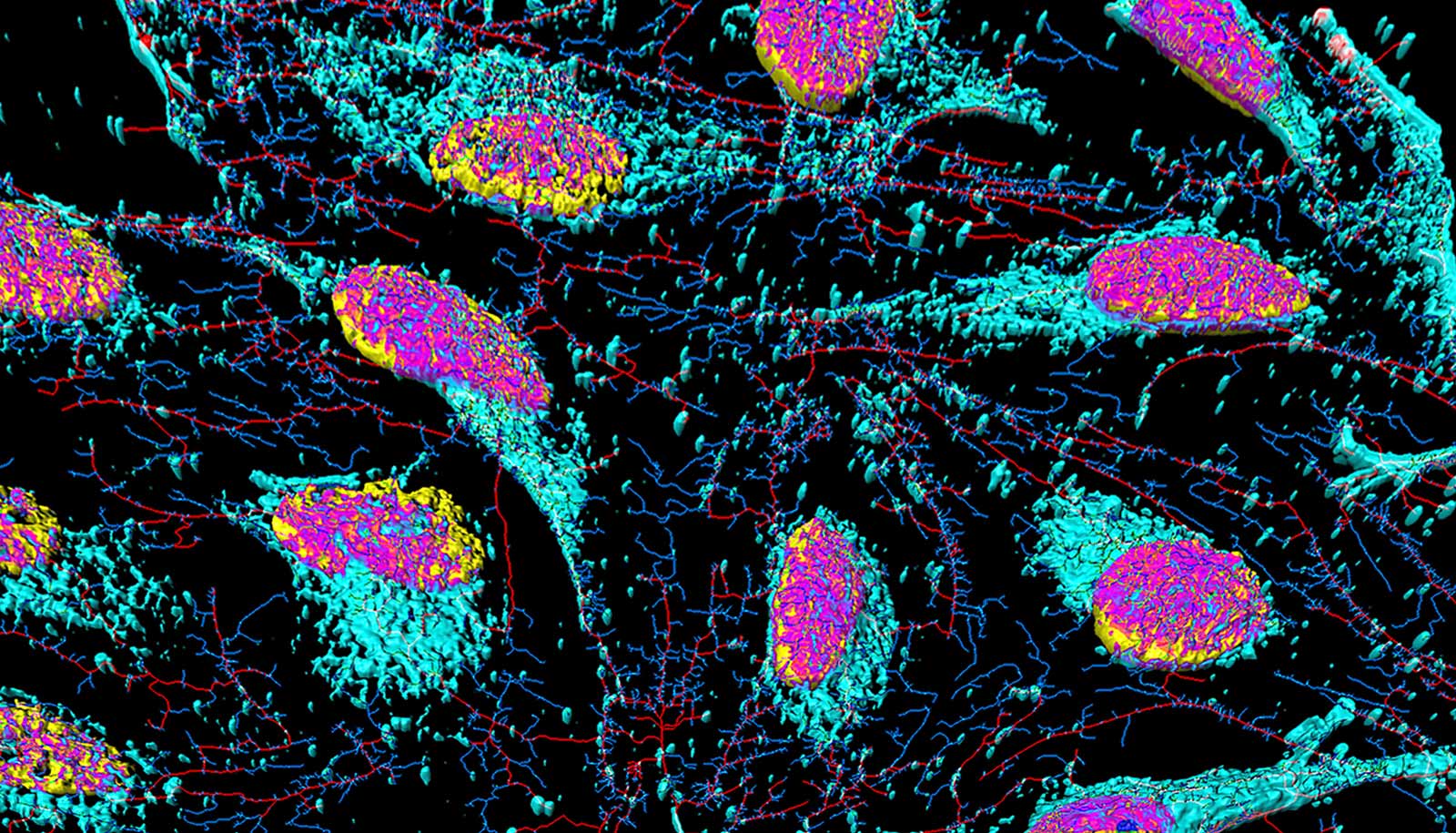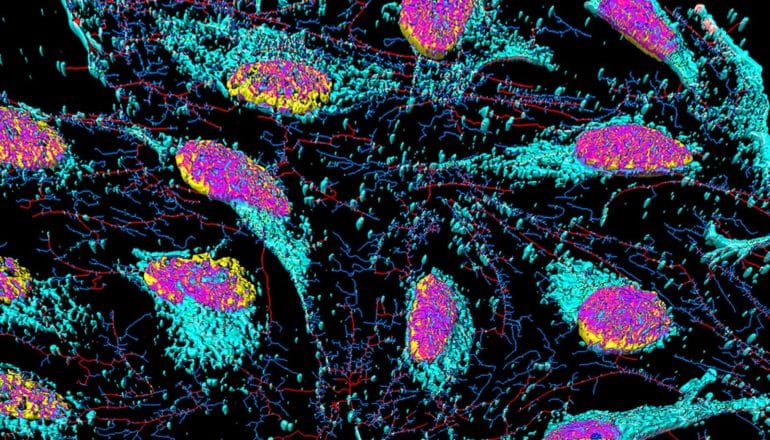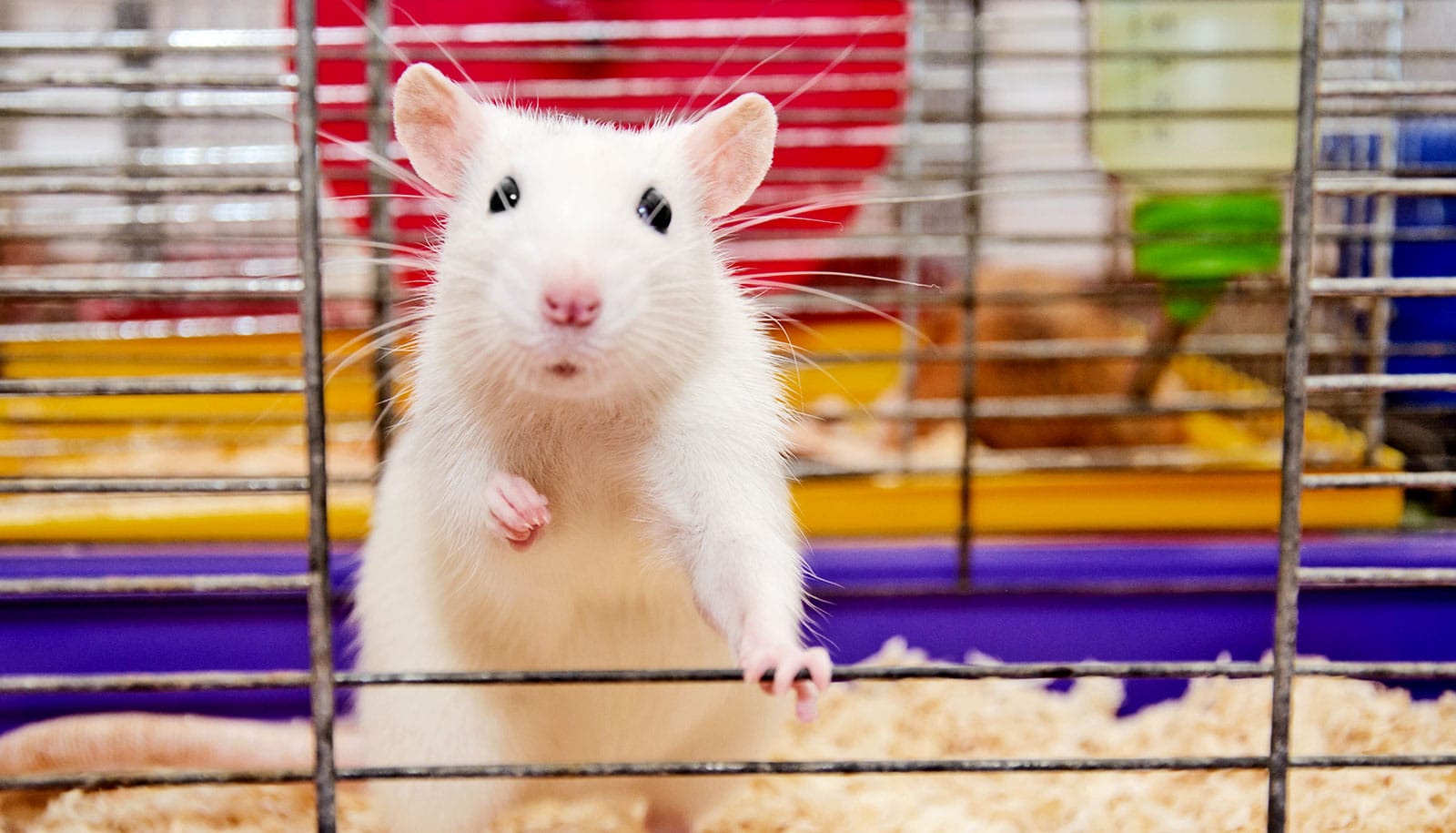
HeLa cells. (Credit: Getty Images )
Why it’s so hard to reproduce HeLa cell findings
Tens of thousands of scientific studies use HeLa cells, but other scientists can't always reproduce the findings. Here's why that's a problem.

Scientists have used HeLa cells in hundreds of thousands of life sciences experiments, but scientists can’t always reproduce the findings.
To get to the bottom of the lack of reproducibility of these cloned descendants of human cancer cells, a group of system biologists embarked on a massive project: molecular cell measurement.
Here, Ruedi Aebersold, a professor at ETH Zurich, explains the project—and why reproducibility is so important.
The post Why it’s so hard to reproduce HeLa cell findings appeared first on Futurity.
Share this article:
This article uses material from the Futurity article, and is licenced under a CC BY-SA 4.0 International License. Images, videos and audio are available under their respective licenses.


